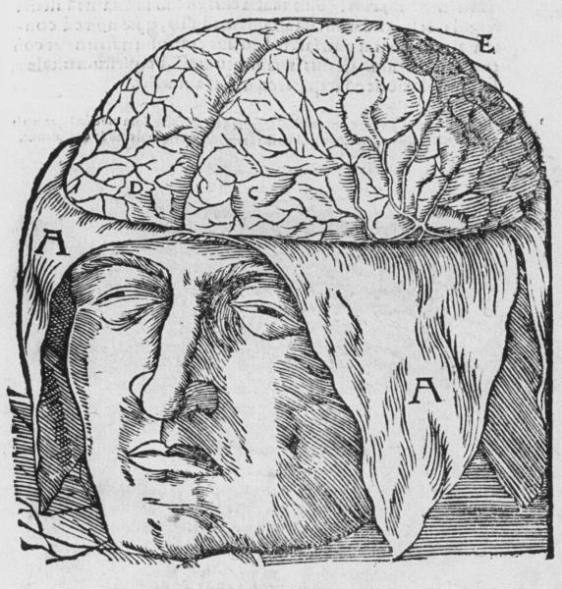Evidence for mindfulness treatment for individuals experiencing psychosis
You will often see literature that advises against meditation for individuals who have issues with psychosis/mental instability. Honestly, it made sense to me; things can get very weird while meditating. Why add to mental phenomena that you're unfamiliar with when you're just struggling to cope? However, this article, titled, "Mindfulness groups for distressing voices and paranoia: a replication and randomized feasibility trial" shows that our assumptions could be wrong.

Patients that were diagnosed with "psychotic experiences" were randomized into 2 groups; Those groups being (essentially) no-treatment vs. mindfulness training group (for 5 weeks). Patients who were in the mindfulness training group revealed a "...statistically significant improvement in mindfulness of distressing thoughts and images" (but not voices). The authors go on to state that "contemporary mindfulness-based interventions are safe and therapeutic for people with distressing psychosis"
Mindfulness therapy seems to march on, helping to conquer more and more illnesses. Apparently, even illnesses we thought it would aggravate! What can't it do! Here's a link to the abstract or for those who have access to the article: http://www.ncbi.nlm.nih.gov/pubmed/19545481

